Man0EUvre is a project in the EU partnership Clean Energy Transition (CETP) that aims to unify the various aspects of energy system analysis. An earlier project led by SINTEF Energy Research, the H2020-project OpenENTRANCE, showed that the current state of European energy system development lags behind compared to the energy transition scenarios modelled by the project. The national energy and climate plans (NECP) are tools for the EU commission to follow up on European climate targets and ensure a stable access to energy for its inhabitants. Man0EUvRE uses the existing NECP plans towards 2030 as a base for energy system analyses, to assess Europe’s situation and prospects. This also gives the project a means to assess what is required, and how the NECPs could be revised to reach the common goals of Europe.
The project had its kick-off conference at SINTEF‘s headquarters in Trondheim on 16-17 January. 27 participants from 7 countries representing 17 partner organisations were gathered. Part of the conference involved group work, where the participants drafted their ambitions for the project in a success scenario. The results show that participants have high ambitions for the project to succeed in creating the future’s NECPs.
Day one of the kick-off conference was used to get to know each other and the project. The project’s contact people in the CETP were invited to present their expectations of programme and to explain the possibilities unlocked by project being a part of a large project community such as the CETP. There was also a workshop where a set of challenges were identified as important to solve for the project to succeed. Three of the project’s main challenges are:
- The need to look across national plans to ensure a just transition of the energy system. The concept “just transition” is central in Europe’s energy policies and requires good guidelines to ensure that no one is left behind in the green transition.
- The need for agile processes. Scrum is a well-known concept within software development to validate that what is developed will meet the objectives for the development. The project will investigate whether this mindset could be applied to the transformation of the energy system. Specifically, the process of establishing the NECPs, reviewing them and following up on them is important to achieve success and must happen in a structured manner.
- The need to establish an understanding of the time pressure we are under to succeed with the transition to a zero-emission energy system by 2050.
These examples show that the project is not lacking any challenges to dive into. We are looking very much forward to cooperating with these competent and experienced researchers to find good processes and methods that can be used to develop and improve Europe’s work with NECPs and create tools to quantify the consequences of the plans on different levels.
One of the project’s 9 case studies is carried out in close collaboration by IFE, NTNU, SINTEF, LTU and the industrial partners Equinor, Gassco, Statkraft, Hafslund-Eco, Power Circle and GreenGoat. The case study will investigate increased energy export from Norway and Sweden in interplay with investments in renewable energy and power-intensive industry.
We look forward to show more results from Man0EUvRE as the project takes off, and especially to share invitations to participate with suggestions and feedback on the work. You can find more information about the project here, and keep up to date on project’s progress on Linkedin.



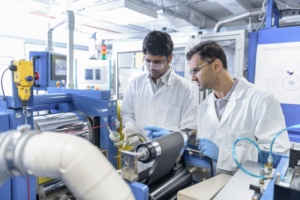



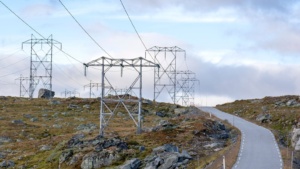
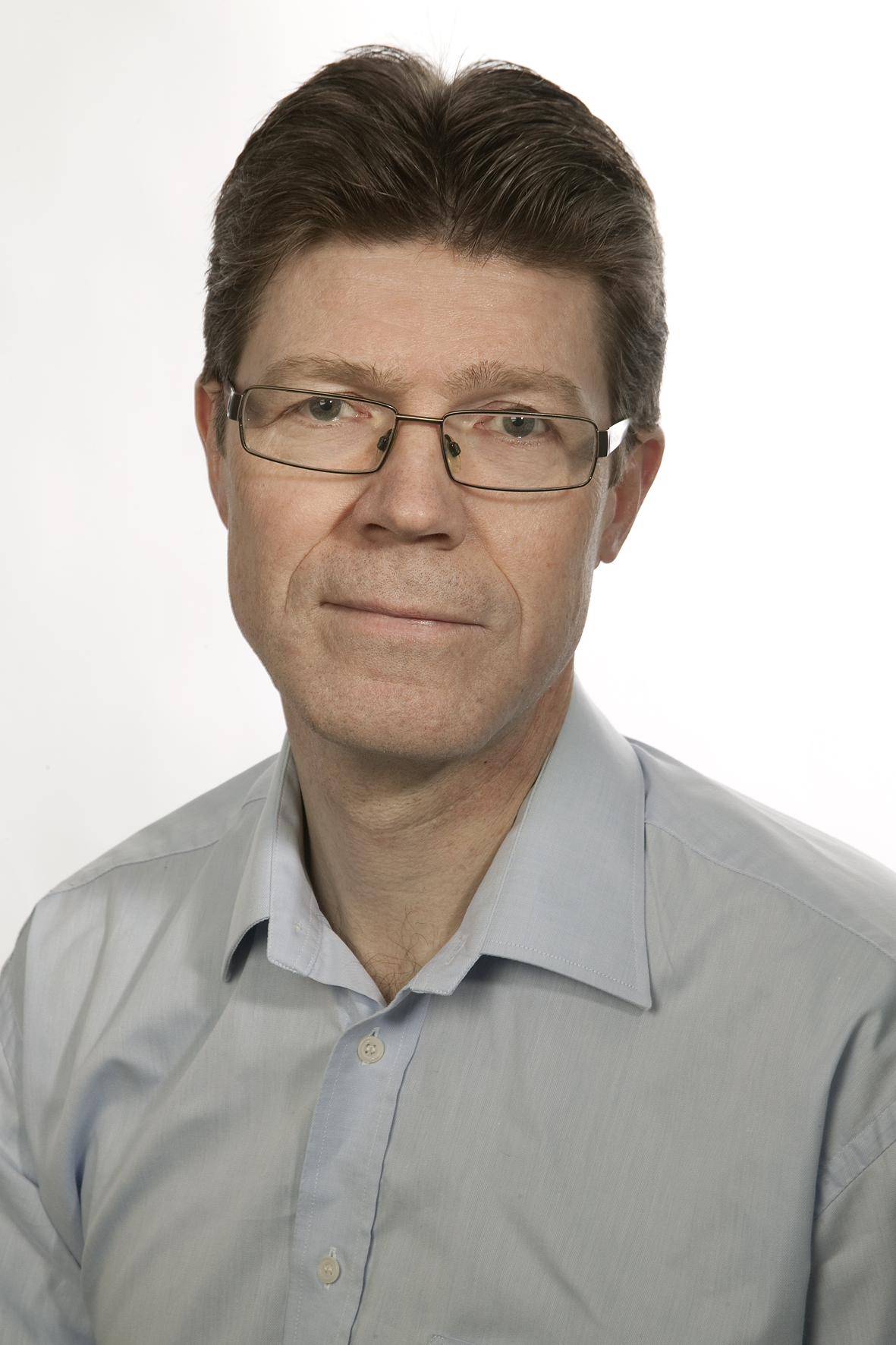
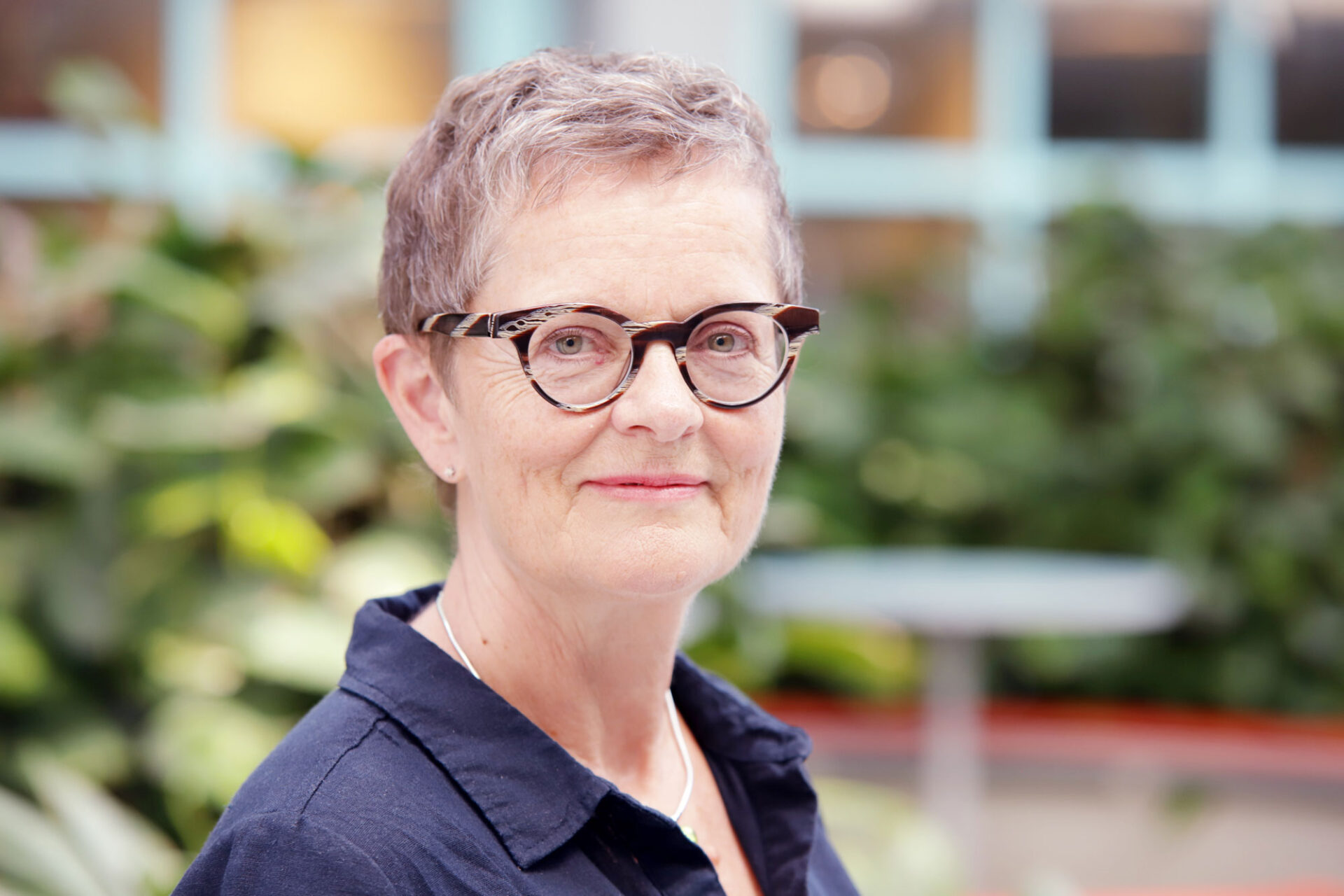
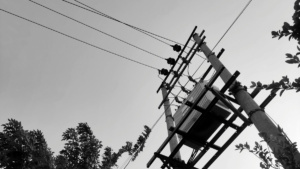

Comments
No comments yet. Be the first to comment!